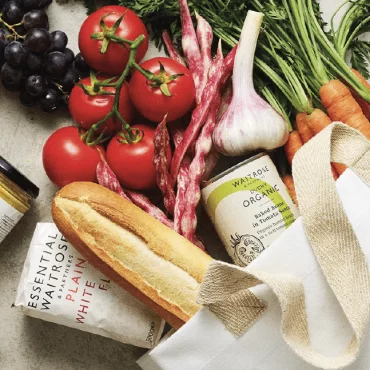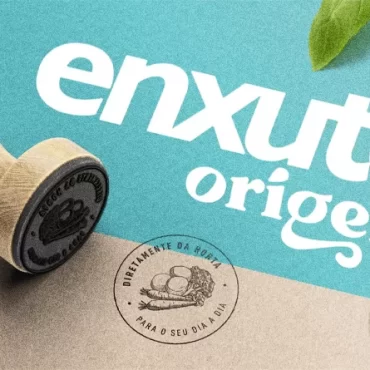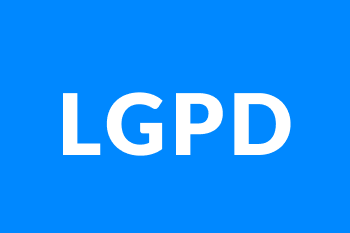How brands can help people cope with anxiety

A brief look at contemporary phenomena – climate change, accelerated routine, excessive charges, unstable political scenarios, pandemic, economic crisis, excessive information and hate speech – is enough to understand some of the factors that have affected almost everyone, in different ways and proportions, driving symptoms of anxiety and depression disorders.
In Brazil, the situation is even more fragile: according to the WHO, in 2019, the country was the 5th place in cases of depression and the largest number of anxious people, 9.3%, in the world ranking. The data serve as a warning for brands, after all, they interfere in routines and consumption behaviors that can be a trigger for psychological processes. But they can also help the public in this scenario, as we will show in this article!
Empathy and authenticity: essential for a collaborative posture
In a report released in February of this year, the Consumoteca Group named “Economy of Malaise” a market that is based on selling quick solutions to ease contemporary suffering. According to the document, a communication excessively focused on ideals of happiness and well-being can make people feel bad about themselves and lose spaces of decompression and vulnerability.
Therefore, more than ever, brands need to see the world with the public eyes, and rethink their forms of approach, defining relationship strategies focused on reducing stimuli to stress and distress. Thus, companies that adopt a flexible attitude stand out in order to understand the new consumer behaviors of customers and communicate with them in an empathetic and creative way.

How can companies really help consumers?
As we have seen, brands can adopt collaborative attitudes, placing empathy and purpose at the center of their value generation strategies. Some companies decided to remodel their physical structure, reducing stress triggers, and others companies focused on production processes and speeches. Check out some insights and cases gathered by our team!
1. Offer peaceful shopping environments
To help people who feel overwhelmed, it is important that you create welcoming environments (physical and virtual) that simplify the purchase process. The Spanish supermarket chain Consum took on this challenge and called on the creative consultancy Culdesac to remodel the arrangement, signage and furniture of its stores. In the first half of 2020, in the city of Benicasim, the first result of this partnership was launched: a store entirely designed to provide a peaceful experience.
For this, several elements were considered. The floor, for example, was designed to reduce noise when someone moves around the store and the light signals have been replaced by discreet signs on the floor. The different sections started to obey geometric patterns and the orange color, the symbol of the brand, started to be used only in specific details. The project will be implemented in the other 680 stores of the chain.
2. Collaborate with the guidelines that interest the public
Social inequality, threats to biodiversity, hate speeches and many other events that are on the news daily, make people feel scared, helpless and, consequently, distressed. And one of the most evident lessons in the pandemic is that, by mobilizing resources and establishing partnerships, brands can and should collaborate. So, help your audience make the world a better place!
Following this idea, to celebrate the 20 years of the Ekos line, Natura invested in commemorative packaging, which highlights the Amazonian origin of bioactives and the absence of animal ingredients in the line. Adopting bioagriculture (a model free of agrochemicals that relies on the natural mechanisms of the ecosystem for cultivation), the brand is committed to extracting only what is necessary for its products, seeking to benefit the communities that live from the collection of nuts and maintain the balance of forest.
3. Ensure transparency of processes
With so much news about brands that convey false speeches, violate ethical and environmental preservation principles and disrespect minorities, people have become increasingly suspicious. Therefore, brands must use their contact points (websites, social networks, packaging …) and technologies to inform the public and ensure that the products and services they are purchasing are safe and consistent with their values.
This year, Nestlé used IBM’s blockchain technology (distributed and shared databases that seek to ensure the suitability of information), the Food Trust, in a special line of Zoégas coffees, marketed in Switzerland. In it, the brand inserted a QR Code that allows consumers to track the entire coffee production line, from the farms where they are grown – located in Brazil, Rwanda and Colombia – to toasting, grinding and packaging the beans in Switzerland.
Several factors contribute to the mental health crisis that we are experiencing today. As they are part of people’s routine, through their products and services, companies can (and should) collaborate so that they feel more secure and are able to solve their problems in an agile and simple way. And, for that, it is necessary that the brands establish themselves as allies, using empathy, transparency and creativity to generate value.
Hey, did you know that Pande is also on social media? Follow us on Instagram, Facebook and Linkedin and be sure to follow our posts to receive more insights on design, business and innovation!




